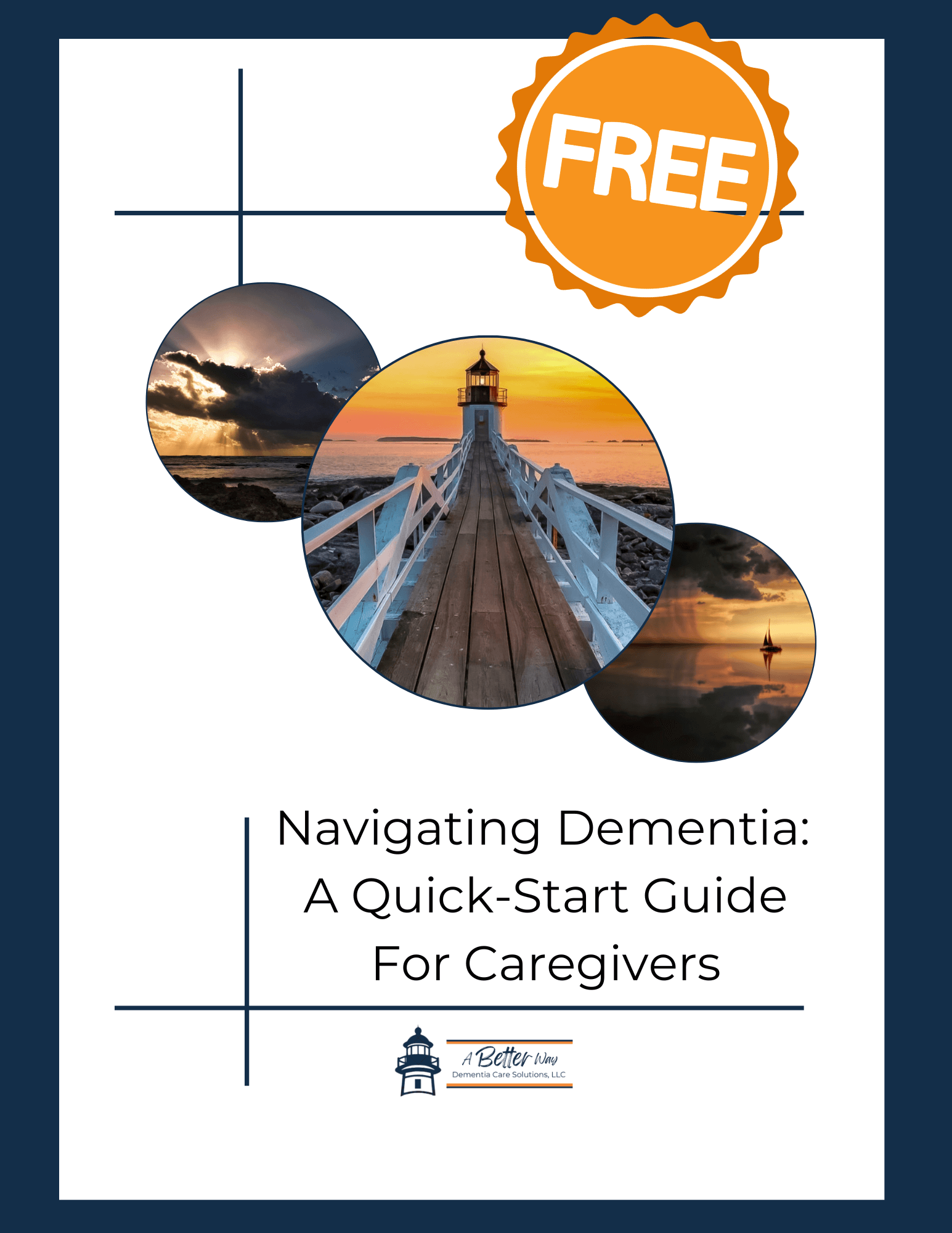
Some days in dementia care feel harder for no clear reason. When the sensory system is overwhelmed, function can fall apart. This post explains why everyday tasks suddenly become so difficult and how understanding sensory overload can help caregivers respond with more clarity and less self blame.

When someone you care for begins resisting help, repeating questions, or acting in ways that feel out of character, it can leave you wondering what went wrong. Dementia behaviors often make more sense when you understand how changes in function shape daily life, communication, and cooperation.

What if starting the new year didn’t require a fresh mindset or perfect plan? In this reflection, Carlyn shares what 2025 revealed about dementia caregiving and offers real tools, support, and one quiet challenge for the year ahead.

As the year comes to a close, there is a lot of pressure to reflect, find lessons, and plan what comes next. But dementia care does not always fit neatly into year end summaries. This gentle reflection offers permission to name the feelings, opt out of resolutions, and let the year end without wrapping it up nicely.

Caring for someone with dementia often involves overcoming significant communication challenges as verbal skills decline with the progression of the disease. However, effective communication remains possible through simple, clear speech and the use of nonverbal cues. By utilizing short sentences, maintaining eye contact, and offering gentle gestures, caregivers can ensure that their interactions remain compassionate and meaningful, offering comfort rather than frustration.
Patience and validation of emotions are key in enhancing understanding between caregivers and those with dementia. Allowing more time for responses, validating feelings, and avoiding arguments or corrections can help in reducing stress and confusion. Engaging with the person where they are, using visual aids, and creating distraction-free environments further support successful communication by making it easier for both parties to connect.
In promoting positive and encouraging language, caregivers can foster confidence and reduce feelings of failure among those with dementia. This environment of positivity paired with focusing on enjoyable aspects of communication, such as sharing laughter or a song, strengthens the emotional connection. Ultimately, effective communication in dementia care is less about perfect conversation and more about fostering genuine connection, ensuring that even as words fade, emotions and meaningful interactions endure.
Read more...







